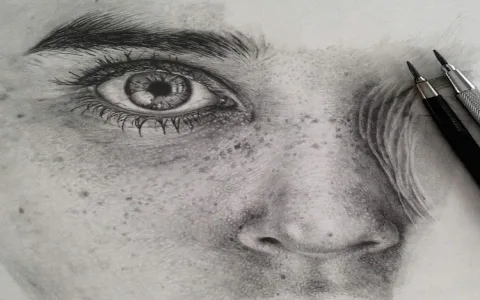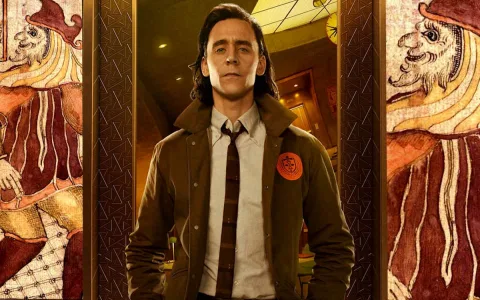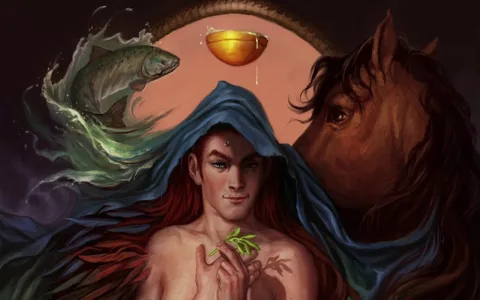The Whole Ukulele Mess
Okay, so I got obsessed with this question: Who really first made the ukulele? Feels like it should be simple, right? Wrong. It’s a total mess. Everyone says they know, everyone claims something different. So yeah, I decided I’d actually dig deep and figure it out myself. Spoiler: It’s way messier than I thought.
Started simple. Just Google it. Big mistake. First few pages? Hawaiians invented it. Cool, okay. End of story? Nope. Click a few more links. Suddenly Portugal is all over the place. Then Portugal says, “Nuh-uh, it came from Madeira!” What? Felt like every website I landed on pointed to a different island or country. Got frustrated real fast.
Time to actually dig. Pulled out some history books I had gathering dust. Found references to the late 1800s, Hawaii, Portuguese immigrants. Okay, better. Saw names: João Fernandes, Manuel Nunes, Augusto Dias, José do Espírito Santo. Supposedly three cabinet makers and one dude who just played really well. They brought these little instruments called machetes or braguinhas from Madeira. Got it.
But then bam! Another source pops up mentioning a fourth guy? Maybe five? Records are fuzzy. Ship manifests? Yeah, tried checking passenger lists from ships arriving around that time. Pain in the neck, handwriting awful. Found names close to Fernandes and Dias… maybe? Couldn’t be sure. Whole thing smelled fishy.

Next hurdle: When did the “ukulele” name actually appear? Because these little Portuguese instruments weren’t called that originally, obviously. Found references to “Jumping Fleas” – that story about João Fernandes playing so fast his fingers looked like fleas jumping (“uku” flea, “lele” jumping). Cute story. But is it legit? Or just some guy made it up later? No way to prove it. Then other theories say “ukulele” means “the gift that came here” – thanking those Portuguese immigrants. Nice sentiment, but again, evidence? Thin.
Also read some obscure musicology papers. Pointed out near-identical instruments existed earlier in Portugal and across parts of Europe. So were the Madeiran guys just bringing a version of something that already existed? And then combining bits with other local Hawaiian stringed instruments like the taro patch fiddle? Maybe?
Here’s the kicker I hit: Early newspaper ads from Hawaii in the late 1880s show Nunes, Dias, and Santo selling “ukuleles” and “taro patches”. Like, commercially building and selling them. So they were definitely key players making it popular in Hawaii. But who put the first bits together on those islands? João Fernandes apparently played a homemade Madeiran machete on the ship coming over and at the docks when they landed… but did he make it? Did he bring it? Did he modify it?
Realization time: There wasn’t one single “Eureka!” inventor moment. I had to accept that. It was a mix. Portuguese guys brought their traditional instruments from Madeira. Those instruments likely evolved from even older European designs. Hawaiian music traditions interacted with them. Different craftsmen in Hawaii – especially those Portuguese cabinet makers – started making them locally, tweaking designs, and someone slapped the name “ukulele” on it. Then it took off.
- Fernandes? Probably first guy rocking it publicly in Hawaii.
- Nunes, Dias, Santo? The ones mass producing the early versions and establishing it commercially.
- Hawaiian players & culture? Crucial in shaping its sound, feel, and popularity, giving it its soul.
Tried finding a smoking gun, a patent, anything definitive. No luck. Just bits and pieces pointing in all directions. Super frustrating after all that digging.
Bottom line I figured out: Calling it a purely Hawaiian or purely Portuguese invention feels wrong. It’s a fusion, born from migration and cultural mixing. The specific names we have (Nunes et al.) were absolutely vital for popularizing and crafting the instrument we recognize as the modern ukulele in Hawaii. But pinning the “very first ever” title on just one person? Looks impossible. History is too blurry, records too scarce. It was a group effort across cultures and individuals. I’ll just stick to playing the damn thing now.










